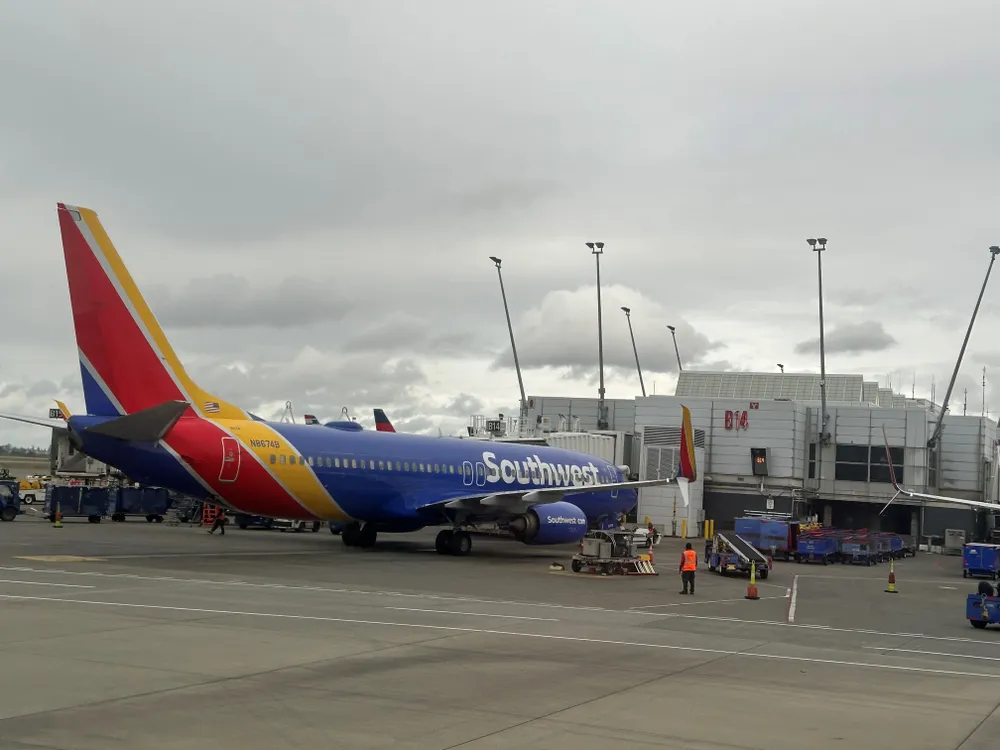For someone who is neurodivergent, such as when he or she is autistic, has ADHD, or is sensitively wired, this is a stressful experience, especially when the flight schedule gets disrupted, leaving him or her burdened with sensory overload in crowded airports and uncertainty of waiting. However, with proper preparation, neurodivergent travelers can cope better with the situation and reduce stress levels. Here are five practical tips for doing so.
- Get a Pre-Flight Routine
Having a routine when you travel helps create something familiar to the system during the journey. Build some relaxing activities or sensory aids into the routine before the flight in case you know delays of flight are possible. Listen to soothing music, make use of noise-canceling headphones, or even participate in a calming activity, like drawing, reading, or using a fidget tool. When you have a set routine, you can feel more in control, which can reduce the anxiety associated with the unpredictability of delays.
- Stay Informed with Real-Time Updates
For many neurodivergent travelers, uncertainty can heighten anxiety. Staying informed about your flight status is key to managing stress during delays. Make sure you’re signed up for flight updates through your airline’s app or website. This way, you will avoid standing in line to hear announcements and won’t be confused or frustrated by last-minute changes. Being proactive in looking for updates or using an app on your mobile will keep you in control of the situation and allow you to prepare for any additional disruption.
- Quiet spaces to get away from sensory overload
Airports are usually noisy and crowded places, which can be overwhelming for neurodivergent travelers who have sensory sensitivities. Many airports now have designated quiet areas or sensory rooms that can provide a calm, low-stimulation space to retreat to during delays.
Make use of it if your airport has one of these rooms. If not, consider moving to an area that’s less filled or using noise-canceling headphones and sunglasses to stop sensory input. A sense break can really help scale back overstimulation by allowing you to re-orient yourself before moving onward in your travels.
- Prepare for Downtime with a Distraction Kit
When neurodivergent travelers feel boredom and restlessness, a distraction kit for downtime can be lifesaving. A small bag containing comforting items or activities might keep your mind occupied and prevent anxious feelings. Consider a favorite book, puzzles, games, or a tablet loaded with movies or music. For individuals with ADHD or other disorders that make it hard to stay focused, something for your hands to do to keep calm—like a stress ball, fidget spinner, or textured fabric—might be helpful to reduce frustration.
- Ask the Airports to Meet Your Needs
It is never too much to ask for help when needed. If you are feeling overwhelmed or require certain accommodations, then don’t hesitate to seek assistance from the airport staff. Most airports have a disability service or can offer assistance for neurodivergent passengers.
You could request seating in a quieter area or even get assistance with navigating the terminal. Many airlines also offer priority boarding or access to special seating arrangements to make travel more comfortable for neurodivergent passengers. The more you communicate your needs, the better prepared the staff will be to assist you.
Conclusion
Flight delays are not nice things about flying, but neurodivergent travelers, need not be an additional stressor. Implement these simple strategies to manage challenges caused by flight delays more comfortably and maintain control during a flight delay. More control, comfort, and stress reduction can be derived through preparation, communication, and self-care to convert a potentially frustrating experience into one that is easier to endure.




